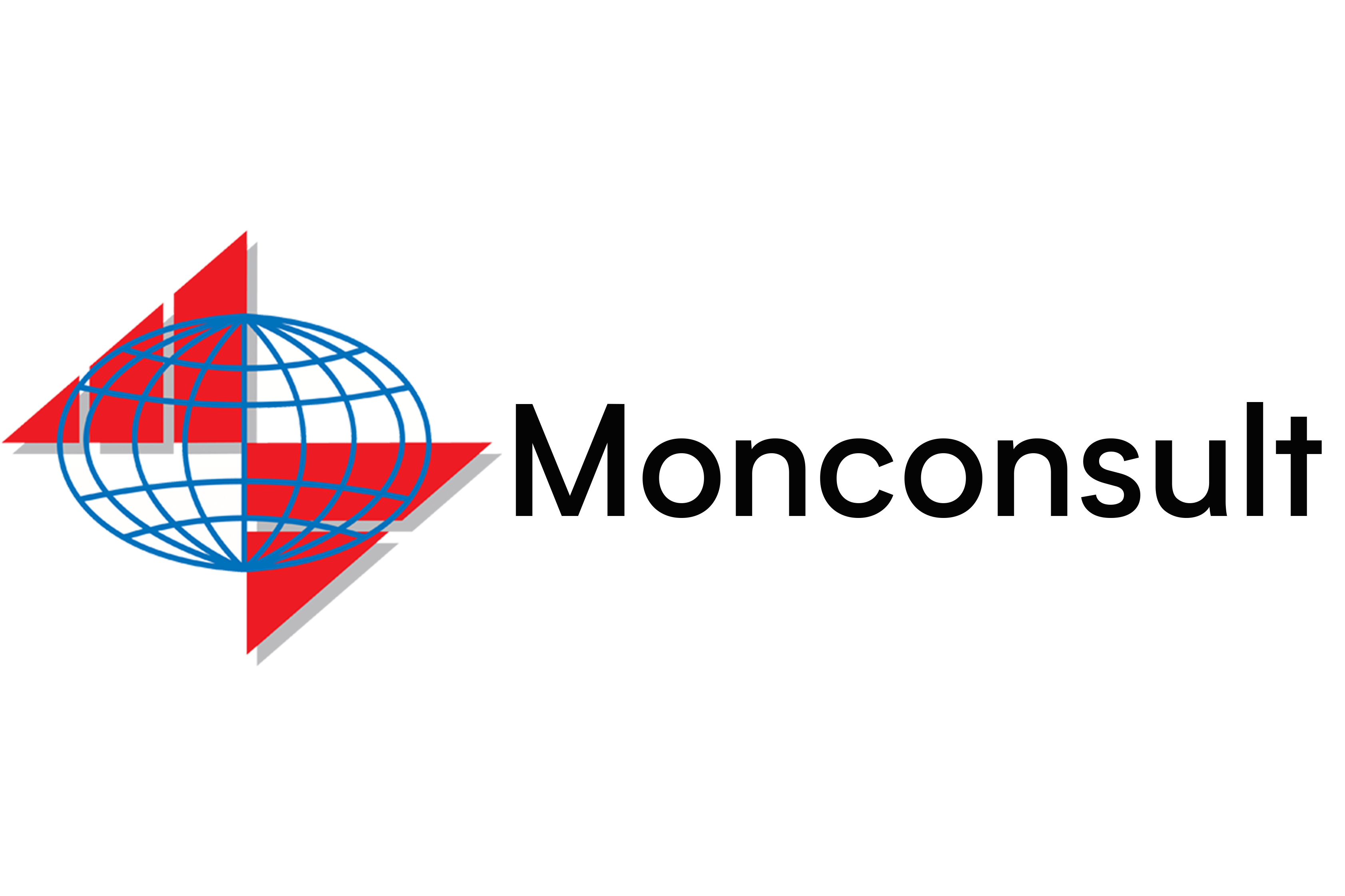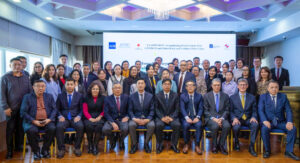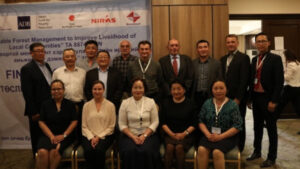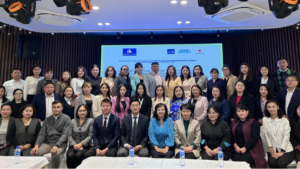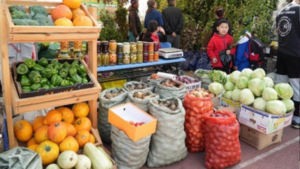A Consultation Workshop addressing Users’ Information Needs and Response, under...
Read MoreMonConsult
News
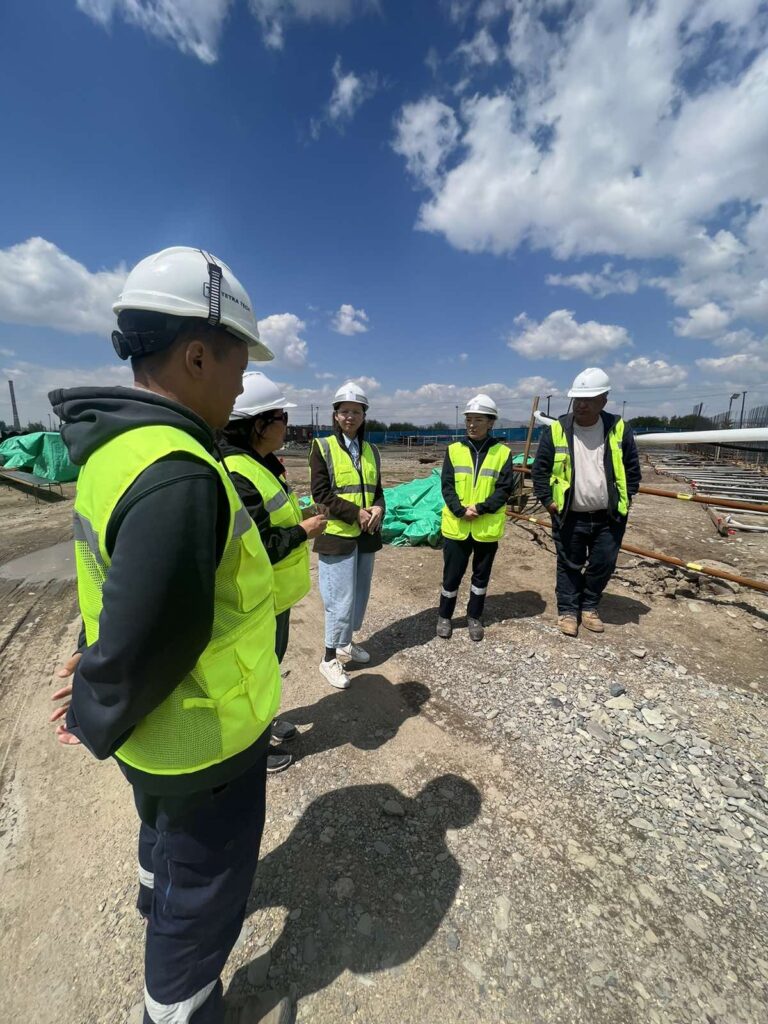
In May 2024, Monconsult hosted training courses aimed at enhancing the capacity of the Erdenet Water and Heat Distribution Network Company (EWHDN), Public Service Office (PSO), and Project Implementation Unit (PIU) under the Erdenet Climate Resilience Project (ECRP). These courses covered crucial topics including “Human Resource Policy, Management, and Strategy,” “Chemical Toxins, Use of Toxic Chemicals, and Safe Handling Practices” based on the Poisons and Hazards Reference Information (PHRI), and “The Standard Requirements of the Environmental Management System, Plan for Nature Conservation, Methods of Implementing the Environmental Monitoring Program.”
Furthermore, representatives from the Project Implementation Unit (PIU) of ECRP conducted a site visit and received practical training at one of Monconsult’s major projects, the Consulting Services for Program Management Consultant and Construction Supervisor for the Water Supply Project of Millennium Challenge Account Mongolia. This visit ensured comprehensive and professional guidance throughout the program.
Capacity Building Training and Site visit: Erdenet Climate Resilience Project
Becoming a Member of the International Consulting Alliance(ICA)
Monconsult, a leading consulting firm working together with other consulting...
Read More11th ASIAN DEVELOPMENT BANK BUSINESS OPPORTUNITIES FAIR 2023
Mr. Byambadorj Janchivlamdan, Managing Director of Monconsult LLC, recently visited...
Read MoreCOMPLETION OF TA-8874: SUSTAINABLE FOREST MANAGEMENT TO IMPROVE LIVELIHOOD OF LOCAL COMMUNITIES PROJECT
2018-08-01 Final workshop of TA-8874: “Sustainable forest management to improve livelihood...
Read MoreSEMINAR ON “IMPROVING MEASURES FOR ENSURING FOOD SECURITY- MANAGEMENT OF FOOD STRATEGIC RESERVE”
TA-6584: MANAGING THE RISKS OF FOOD INSECURITY IN MONGOLIA DURING...
Read MoreFOOD EXHIBITION ON GREEN AUTUMN DAYS-DOMESTIC PRODUCTION 2023
TA-6584: MANAGING THE RISKS OF FOOD INSECURITY IN MONGOLIA DURING...
Read MoreTA-8960 MON: Supporting Agriculture Value Chain
TA-MON8960 Supporting Agriculture Value Chain Project is providing technical assistance...
Read More“TRAINING ON CULTIVATION TECHNOLOGY AND MARKETING” UNDER TA-8960 MON: “SUPPORTING AGRICULTURE VALUE CHAIN” TECHNICAL ASSISTANCE PROJECT
“Training on cultivation technology and marketing” for Sea-buckthorn sector under...
Read MoreTA10099 MON: CONSULTATION WORKSHOP ON MONGOLIA INTEGRATED FOOD SECURITY INFORMATION AND RESPONSE SYSTEM
Add Your Heading Text Here
Background information
In July 2023, the Ministry of Food, Agriculture and Light Industry (MOFALI) and the Asian Development Bank (ADB) launched a technical assistance (TA) project to strengthen food security in Mongolia in the aftermath of the impact of the coronavirus disease (COVID-19) and the global food and fertilizer price crises.
The development components of the Integrated Food Security Information and Response System (IFSIRS) is one of the outputs of the TA project. This output will (i) review the food security information system and policy coordination mechanism; (ii) define the structure and architecture, prepare the technical specs of the system and develop the IFSIRS; (iii) draft guideline for an effective institutional coordination mechanism in response to food insecurity risks at different levels of government; and (iv) organize a series of capacity development workshops to operationalize an IFSIRS as well as an effective institutional coordination mechanism at different levels of government.
During the Inception workshop organized in July 2023, the TA team proposed the following four components of IFSIRS:
- A Food Price Monitoring Component;
- Food Supply Monitoring Component;
- An Early Warning Component; and
- A Food Safety Information Database.
On 29 November 2023, the MOFALI submitted a formal letter to the ADB, requesting:
- To add the Food Security Investment Library component to the IFSIRS; and
- Proposed 56 types of food products to be covered by the IFSIRS.
The MOFALI has also requested ADB to support for continued employment of 4 young economists working full-time at the Policy and Planning Department (MOFALI) to monitor implementation of the Parliament Resolution No.36.
Objectives of the Consultation Workshop
The consultation workshop aims to achieve the following:
- The identification of most urgent policies, programs and investments to address the identified food insecurity risks;
- The determination of the key data and information needed for improved risk management at all levels of the Government;
- Agreement on (analyzed) information products needed, including the format and timeframe in which food security data/information are needed for timely decision-making in managing food insecurity risks;
- The identification of institutional arrangements (incl. improved coordination, flow of data & information) needed for better decision-making in food insecurity risk management
Format of WorkshopThe 2-day consultation will include several plenary and working group sessions, including group work for each of the four dimensions of food security: (i) Food availability; (ii) Food access; (iii) Food utilization (including food safety); and (iv) stability in food availability and access. The working groups will share their findings/-recommendations in the plenary sessions to guide the further development of IFSIRS.
Workshop participants
The list of participants includes representatives from the President’s Office, Ministry of Economy and Development, MOF, MOFALI, NSO, NEMA, Customs General Administration, Mongolian Agency for Standardization and Metrology, UB city Mayor’s Office, aimag representatives and other organizations represented on the TAU and MOFALI WG, as well as private sector and development partners (ADB, WB, FAO). This list is to be finalized with a maximum of 70 participants.
Workshop outputs
The Consultation workshop and group discussions with experts from the key stakeholder agencies will result in:
- Policy decisions needed to better manage food insecurity risks;
- Data and information needs for managing these risks (both for policy formulation and implementation/recommended actions);
- Agreement on the format, timeframe and frequency of reports generated by the by IFSIRS;
- Recommendations on institutional coordination arrangements (incl. for flow of data & information, and for coordination of food security policies/programs/investments);
- A consensus on a structure and functions of the IFSIRS;
- Agreement and confirmation on a list of food commodities to be covered by each IFSIRS component (to ensure appropriate food security risk management for each component).

